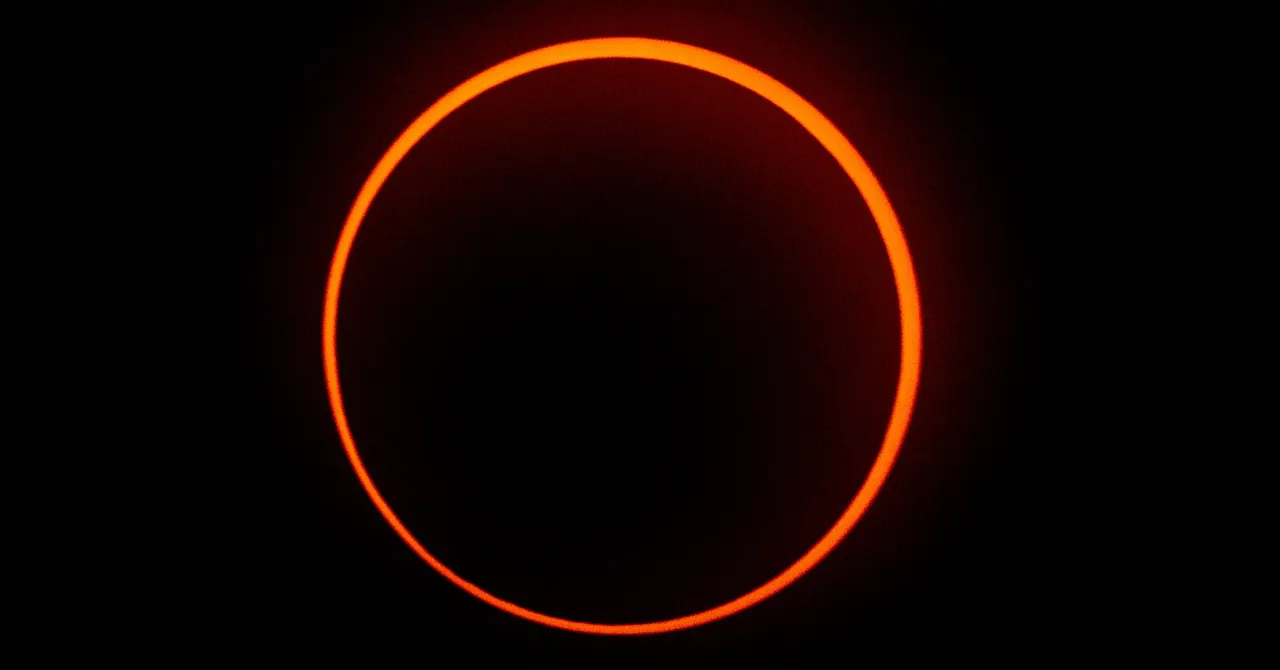Introduction: The Spectacle in the Sky
The celestial phenomenon of a total solar eclipse is an awe-inspiring event that captures the imagination of people around the world. As the Moon perfectly aligns with the Sun, casting its shadow upon the Earth, observers are treated to a breathtaking display of nature’s grandeur. In the upcoming total solar eclipse of 2024, enthusiasts in the United States, Canada, and Mexico will have the opportunity to witness this rare spectacle firsthand. In this article, we will explore how you can experience the wonder of the total solar eclipse online, from the comfort of your own home.
Understanding the Rarity of Total Solar Eclipses
H1: Occurrence Frequency
Solar eclipses are not uncommon celestial events; however, total solar , where the Moon completely obscures the Sun, occur relatively infrequently. On average, there are two to five solar each year, but total eclipses are much rarer, happening approximately once every 18 months.
H2: Geographic Distribution
Moreover, the occurrence of a total solar at any specific location is even more sporadic. With approximately 70% of the Earth’s surface covered by water and significant portions of land uninhabitable, the opportunity to witness a total from a particular vantage point is exceedingly rare.
H3: Historical Significance
Throughout history, total have held profound cultural and scientific significance. Ancient civilizations often interpreted eclipses as omens or divine messages, while modern astronomers utilize them as opportunities to study the Sun’s corona and gather valuable data about our solar system.
Watching the Total Solar Eclipse Online
H1: Accessibility
While the total may not be visible from all parts of the world, advancements in technology have made it possible for anyone with an internet connection to experience the event in real-time.
H2: NASA’s Live Stream
One of the most reliable sources for viewing the total online is NASA’s live stream, accessible through their official website. Beginning at 10:30 PM IST on April 8 and concluding at 1:30 AM IST on April 9, this stream provides viewers with a front-row seat to the celestial spectacle, complete with expert commentary and high-quality imagery.
H3: Multiple Perspectives
For those seeking a more immersive experience, the McDonald Observatory in Texas offers a live stream featuring telescope views of the eclipse from various locations. From the observatory itself to picturesque sites like Lake Buchanan and Irving, viewers can enjoy multiple perspectives of this extraordinary event.
H4: Expert Insights
In addition to live footage of the eclipse, the McDonald Observatory’s stream includes discussions with experts from NASA and other scientific institutions. These insights provide viewers with valuable context and understanding, enhancing their overall viewing experience.
Conclusion: Embracing the Wonder of the Cosmos
As we eagerly anticipate the total solar eclipse of 2024, let us marvel at the beauty and complexity of our universe. Whether observing from the comfort of our homes or venturing out to witness it in person, let us cherish this moment of celestial wonder and reflect on the mysteries that surround us.
FAQs (Frequently Asked Questions)
- Q: Will I be able to see the total solar eclipse from my location?
- A: The visibility of the total solar eclipse depends on your geographical location. Refer to online resources or consult astronomical guides for specific viewing information.
- Q: Can I safely observe a solar eclipse without specialized equipment?
- A: It is never safe to look directly at the Sun without proper eye protection. Use certified solar viewing glasses or solar filters on telescopes/binoculars to observe the eclipse safely.
- Q: What causes a total solar eclipse?
- A: A total solar eclipse occurs when the Moon passes between the Earth and the Sun, casting its shadow on the Earth’s surface and momentarily blocking out the Sun’s light.
- Q: How long does a total solar eclipse last?
- A: The duration of a total solar eclipse can vary, but typically lasts for a few minutes at most.
- Q: When is the next total solar eclipse expected to occur?
- A: The next total solar eclipse visible from North America is forecasted for April 8, 2024, followed by another in 2045.
